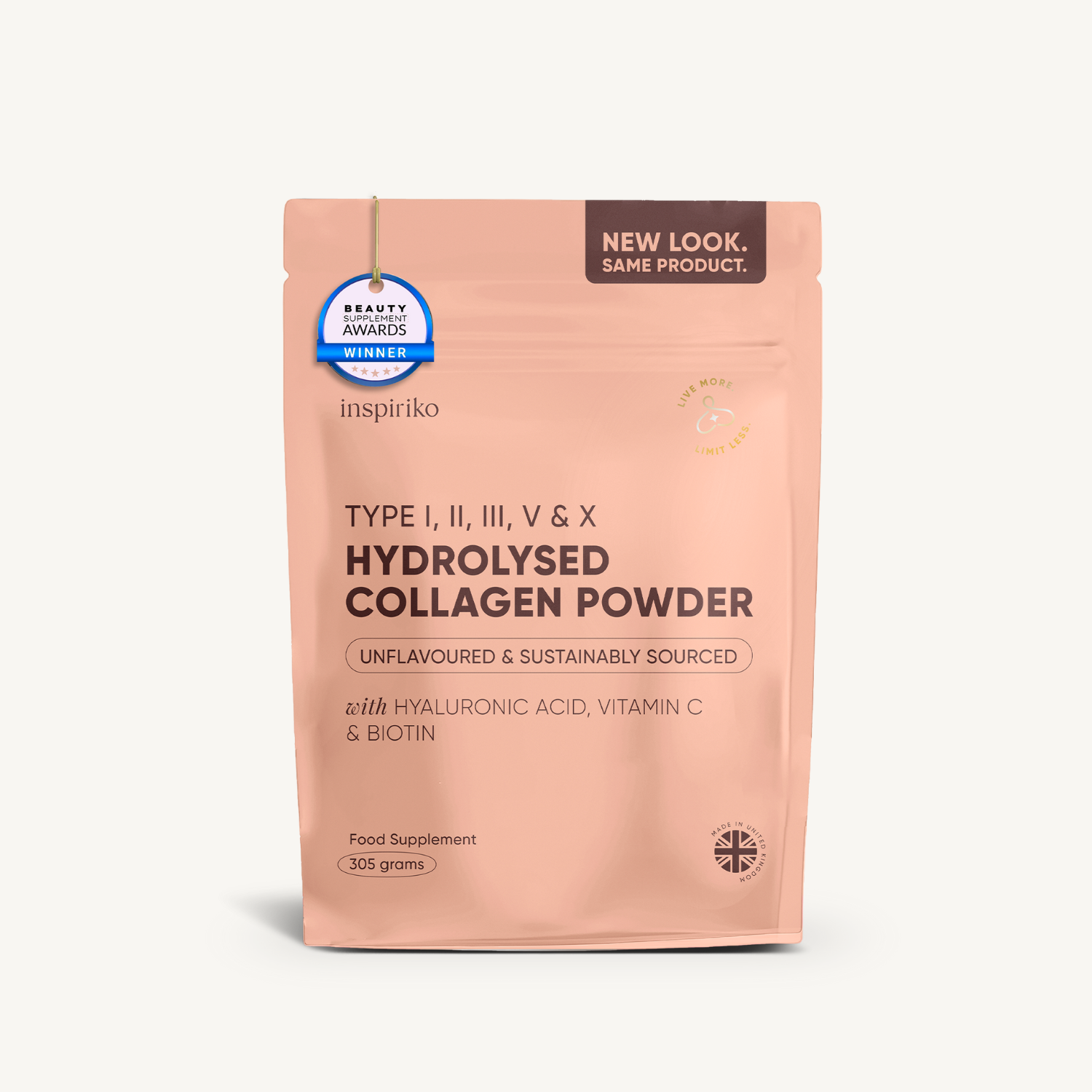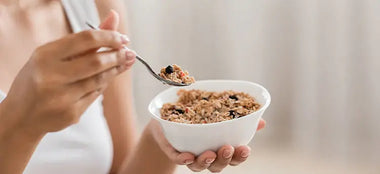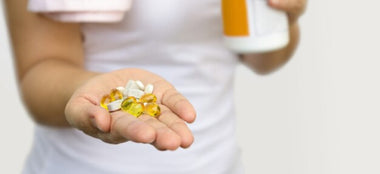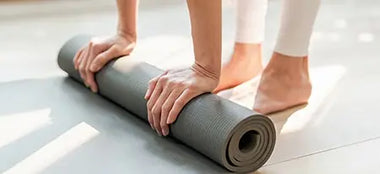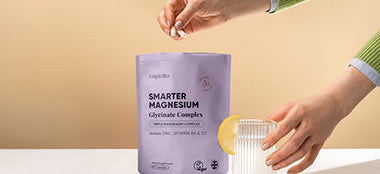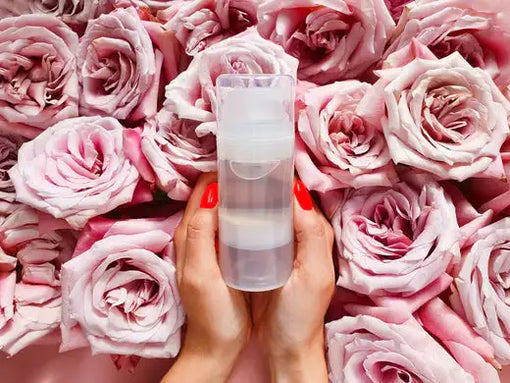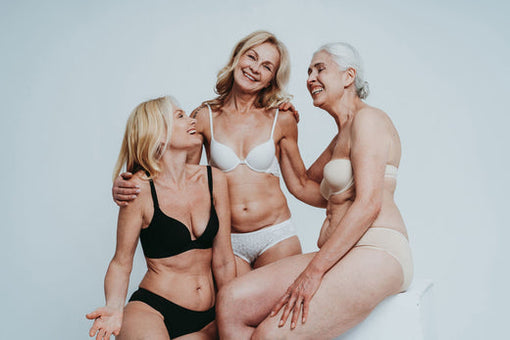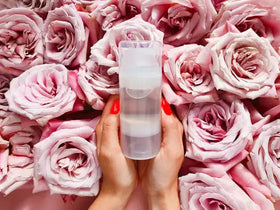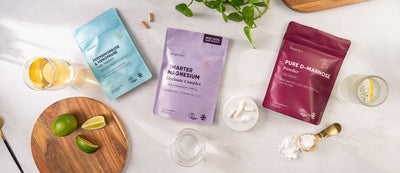All articles
Explore all topics
All articles
June 07, 2025
How to Stop Menopause Bloating: A Step by Step Guide
Read ArticleMay 09, 2025
7 Natural Ways to Deal with Perimenopause Hot Flashes
Read ArticleMay 09, 2025
5 Red Flags That Mean You Might Need a Menopause Supplement
Read ArticleApril 24, 2025
4 minutes
5 Compelling Reasons Women Need Magnesium (Especially in Perimenopause)
Read ArticleApril 24, 2025
Why You Should Take Magnesium After 40: A Complete Guide
Read ArticleApril 15, 2025
Best Probiotics for Vaginal Health: What Every Woman Over 40 Should Know
Read ArticleApril 07, 2025
Top Menopause Hair Care Tips to Strengthen, Nourish & Restore
Read ArticleApril 04, 2025
Bone Health and Menopause: How to Stay Strong, Balanced, and Resilient Through Midlife
Read ArticleMarch 29, 2025
Gut Health & Menopause: How to Rebalance Your Microbiome Naturally
Read ArticleMarch 28, 2025
Struggling with Menopause and Sleep? Here’s How to Sleep Better Tonight
Read ArticleMarch 27, 2025
The Best Pelvic Floor Exercises for Menopausal Women: A Complete Guide
Read ArticleFebruary 26, 2025
6 minutes
The Hidden Cause Behind PCOS Weight Gain (And How to Combat It)
Read ArticleFebruary 26, 2025
6 minutes
PCOS Made Simple: Your Go-To Guide for Understanding and Managing It
Read ArticleDecember 19, 2024
4 minutes
5 mistakes when buying collagen supplements
Read ArticleDecember 19, 2024
6 minutes
Vaginal Atrophy: Signs, Symptoms, and Treatments
Read ArticleDecember 19, 2024
4 minutes
